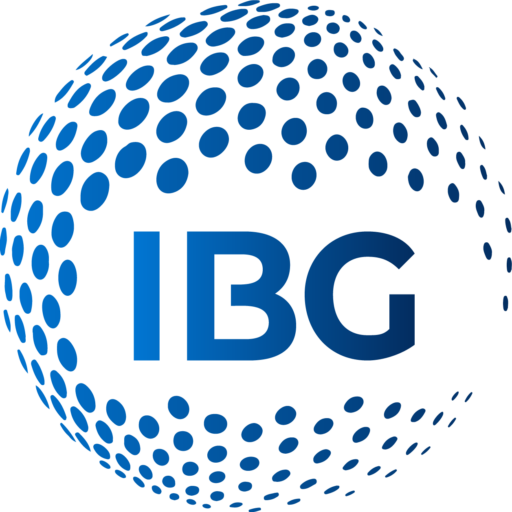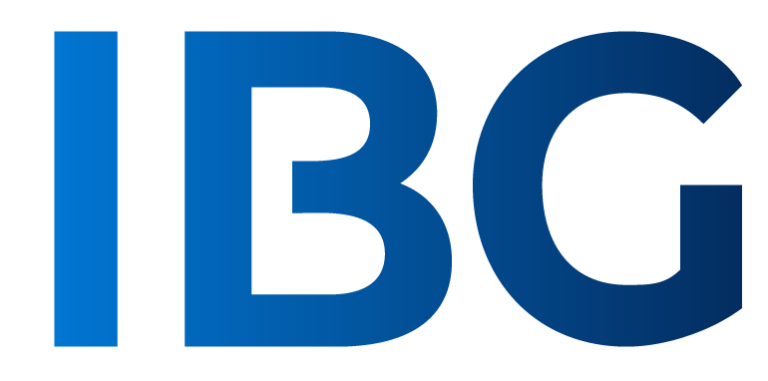China Market Update: Signs Of Resilience Amid Challenges

Asian equities presented a mixed response overnight, following a downturn in US markets driven by persistent high inflation concerns. Despite market closures in several Asian countries due to the Eid al-Fitr holiday, the Chinese markets showed signs of resilience, contrasting with the more tepid global sentiment.
Key Developments in Chinese Markets
China’s financial landscape displayed notable buoyancy, particularly in response to domestic economic indicators and market movements:
Consumer Price Index (CPI) and Producer Price Index (PPI) Data: China reported a March CPI increase of only +0.1%, below the anticipated 0.4%. This was surprising, especially considering the +6.74% rise in hog futures that suggested higher inflation rates. Meanwhile, PPI met expectations at -2.8%, aligning closely with February’s figures. This lower-than-expected inflation has led investors to anticipate further policy support to stimulate domestic consumption and address ongoing real estate concerns.
Market Performance: Despite opening lower, major Chinese indexes like the Hang Seng, Shanghai, and Shenzhen managed to recover from their intra-day lows, closing slightly higher. This resilience is a positive sign, reflecting investor optimism about potential policy easing and market support mechanisms.
Market Dynamics and Investor Activity
Equities and ETFs: The trading session saw significant activity in both Hong Kong and Mainland China. In Hong Kong, technology and consumer service giants like Tencent and Meituan saw modest gains after notable share buybacks. Meanwhile, Mainland trading was buoyed by strong performance in sectors such as automotives, with Changan Automobile seeing a +5.14% increase following robust March sales.
Currency and Commodity Movements: The People’s Bank of China (PBOC) actively defended the yuan against the strong US dollar, highlighting the challenges of external financial pressures. Commodity prices were mixed, with copper prices falling while steel saw gains, reflecting varied industrial activity.
Investor Sentiment and Transactions: Despite global uncertainties, mainland investors were net buyers in the Hong Kong market, with significant inflows into Hong Kong-listed stocks and ETFs. This robust cross-border investment activity underscores the interconnected nature of Asian financial markets.
Challenges and Opportunities
The Chinese market faces ongoing challenges, including the need for continual policy support amidst weak domestic consumption and persistent real estate issues. Additionally, global developments such as US economic policies and geopolitical tensions continue to introduce volatility and uncertainty.
However, the resilience shown by Chinese equities suggests a robust adaptive capacity. Policymakers are likely to continue leveraging monetary and fiscal tools to stabilize and potentially stimulate the economy. This strategic response not only aims to address internal economic challenges but also to enhance China’s positioning in the global market amid fluctuating economic conditions.
As we move further into 2024, the Chinese markets are expected to remain a focal point of global investment discussions, particularly as investors and policymakers alike navigate the complexities of an evolving economic landscape. The resilience observed in today’s market activities, coupled with strategic policy maneuvers, may well set the tone for future market performance and economic stability in China.
More insights into the boardroom

Join us in designing the future of leadership by connecting visionary companies with transformative leadership.
Quick Links
Lets Get In Touch
Corporate Office
Palo alto, California 94302
Office Location
500 Capitol Mall, Sacramento, CA 95814










